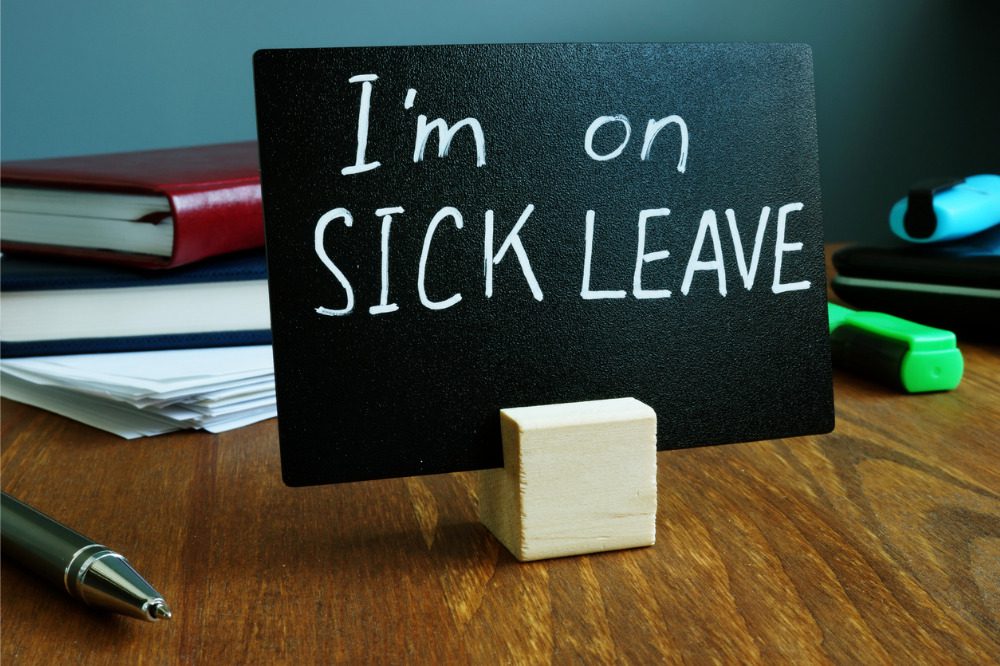Misconceptions around ACC fuel Kiwis’ indifference to insurance

A new study released by Partners Life has revealed that Kiwis remain misinformed about what is covered by ACC, leading them to an apathetic attitude towards insurance that is especially apparent with younger generations.
ACC, Aotearoa’s no-fault accidental injury compensation scheme, only covers injuries resulting from an accident. It will not cover illnesses or unexplained pains. However, 25% of over 1,000 respondents surveyed mistakenly believed they would be covered by ACC for time off work due to unexplained back pain. Another 24% believed they would be covered for time off work due to a hernia, while 18% believed ACC would cover time off work due to an illness such as a cancer diagnosis.
The survey also found that only 13% of Kiwis have critical illness insurance and just 9% have income insurance. Despite the lack of coverage, more than half of all respondents (58%) said they were not likely to get life insurance in the future, mainly due to the costs involved (54%). Seventeen per cent thought they were too young to need coverage, 15% thought insurance would not benefit them, 13% explained they did not have any assets, and 9% believed ACC had them covered anyway.
Kiwis between the age of 18 and 24 were even more misinformed about ACC coverage and health risks. Thirty-eight per cent of respondents in that age group believed ACC would cover time off work due to a critical illness like a cancer diagnosis. An alarming 51% also believed accidents were the leading cause of death in New Zealand, rather than cancer.
“The lack of understanding around how insurance works combined with our indifferent attitude toward it is leaving many Kiwis at a great deal of risk that they are oblivious to,” said Partners Life chief marketing officer Kris Ballantyne. “To resolve our insurance gap and ensure people protect themselves, it’s vital that we educate Kiwis on how insurance works, what ACC does and doesn’t cover, and ensure they understand the implication and risk involved of going without insurance.”
Insurance being something only the rich should think of and anyone being “too young for cover” were among the myths Partners Life aimed to dispel with this study.
“Insurance is most important when people are not yet financially secure enough to weather a loss,” Ballantyne said. “If you’re in your twenties, for example, you have your whole life ahead of you to build financial stability – but you also have the most to lose if an illness restricts your earning potential.”





